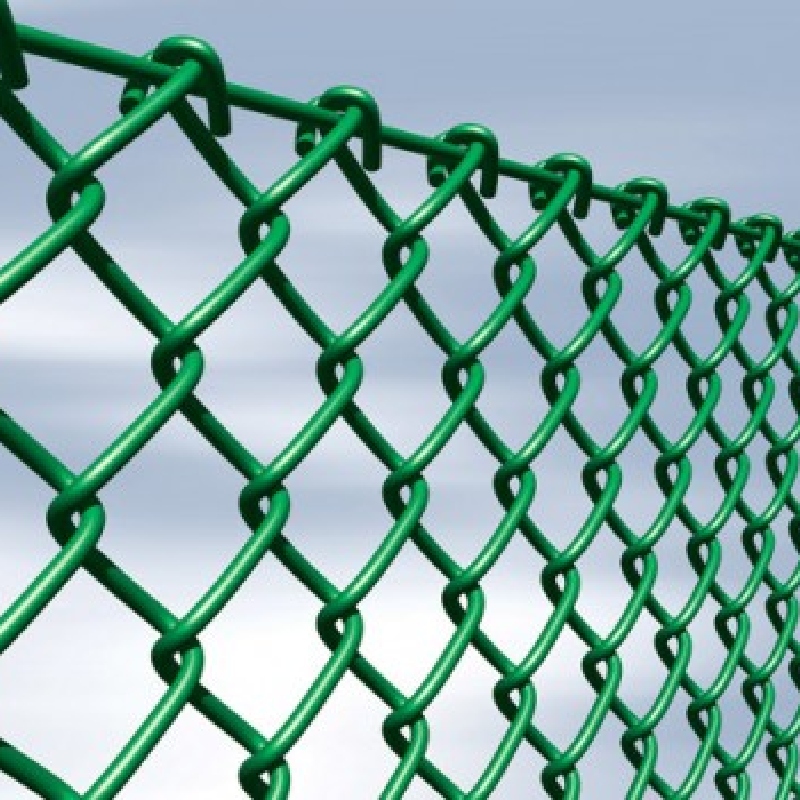-
Email:zhao@hyliec.cn
-
Tel:+86 311 85273988
-
WhatsAPP:8613931128750
-
 Afrikaans
Afrikaans -
 Albanian
Albanian -
 Amharic
Amharic -
 Arabic
Arabic -
 Armenian
Armenian -
 Azerbaijani
Azerbaijani -
 Basque
Basque -
 Belarusian
Belarusian -
 Bengali
Bengali -
 Bosnian
Bosnian -
 Bulgarian
Bulgarian -
 Catalan
Catalan -
 Cebuano
Cebuano -
 Corsican
Corsican -
 Croatian
Croatian -
 Czech
Czech -
 Danish
Danish -
 Dutch
Dutch -
 English
English -
 Esperanto
Esperanto -
 Estonian
Estonian -
 Finnish
Finnish -
 French
French -
 Frisian
Frisian -
 Galician
Galician -
 Georgian
Georgian -
 German
German -
 Greek
Greek -
 Gujarati
Gujarati -
 Haitian Creole
Haitian Creole -
 hausa
hausa -
 hawaiian
hawaiian -
 Hebrew
Hebrew -
 Hindi
Hindi -
 Miao
Miao -
 Hungarian
Hungarian -
 Icelandic
Icelandic -
 igbo
igbo -
 Indonesian
Indonesian -
 irish
irish -
 Italian
Italian -
 Japanese
Japanese -
 Javanese
Javanese -
 Kannada
Kannada -
 kazakh
kazakh -
 Khmer
Khmer -
 Rwandese
Rwandese -
 Korean
Korean -
 Kurdish
Kurdish -
 Kyrgyz
Kyrgyz -
 Lao
Lao -
 Latin
Latin -
 Latvian
Latvian -
 Lithuanian
Lithuanian -
 Luxembourgish
Luxembourgish -
 Macedonian
Macedonian -
 Malgashi
Malgashi -
 Malay
Malay -
 Malayalam
Malayalam -
 Maltese
Maltese -
 Maori
Maori -
 Marathi
Marathi -
 Mongolian
Mongolian -
 Myanmar
Myanmar -
 Nepali
Nepali -
 Norwegian
Norwegian -
 Norwegian
Norwegian -
 Occitan
Occitan -
 Pashto
Pashto -
 Persian
Persian -
 Polish
Polish -
 Portuguese
Portuguese -
 Punjabi
Punjabi -
 Romanian
Romanian -
 Russian
Russian -
 Samoan
Samoan -
 Scottish Gaelic
Scottish Gaelic -
 Serbian
Serbian -
 Sesotho
Sesotho -
 Shona
Shona -
 Sindhi
Sindhi -
 Sinhala
Sinhala -
 Slovak
Slovak -
 Slovenian
Slovenian -
 Somali
Somali -
 Spanish
Spanish -
 Sundanese
Sundanese -
 Swahili
Swahili -
 Swedish
Swedish -
 Tagalog
Tagalog -
 Tajik
Tajik -
 Tamil
Tamil -
 Tatar
Tatar -
 Telugu
Telugu -
 Thai
Thai -
 Turkish
Turkish -
 Turkmen
Turkmen -
 Ukrainian
Ukrainian -
 Urdu
Urdu -
 Uighur
Uighur -
 Uzbek
Uzbek -
 Vietnamese
Vietnamese -
 Welsh
Welsh -
 Bantu
Bantu -
 Yiddish
Yiddish -
 Yoruba
Yoruba -
 Zulu
Zulu
Enhancing Security Through Effective Wire Fencing Solutions for Residential and Commercial Properties
The Importance of Wire Security Fencing
In today's world, ensuring the safety and security of properties, individuals, and valuables has become more crucial than ever. One of the most effective methods for creating a perimeter that deters intruders and provides peace of mind is wire security fencing. This article explores the various benefits of wire security fencing, its types, and applications in enhancing security across different environments.
Understanding Wire Security Fencing
Wire security fencing consists of a network of wires or metal strands that are woven or welded together to form a barrier. This fencing can be made from a variety of materials including steel, aluminum, or coated wire, each offering varying levels of durability and resistance. The primary purpose of this type of fencing is to restrict access to a given area, making it an ideal choice for residential, commercial, and industrial applications.
Benefits of Wire Security Fencing
1. Durability and Strength One of the most significant advantages of wire security fencing is its strength. Made from high-quality materials, it can withstand physical damage from attempted breaches, such as cutting or climbing. This resilience makes it a popular choice for high-risk areas.
2. Cost-Effectiveness Compared to other fencing options like brick or concrete walls, wire fencing is often more affordable while still providing adequate protection. The lower installation and maintenance costs make it a preferred option for many property owners.
3. Visibility and Surveillance Wire fencing allows for high visibility, which is crucial for security surveillance. Unlike solid fences that obstruct views, wire fences enable security personnel and cameras to monitor the area effectively, discouraging potential intruders.
4. Customizable Designs Wire security fencing comes in various designs and heights, catering to the specific security needs of a site. From chain-link fencing to barbed wire and electrified options, property owners can choose designs that best suit their security requirements.
5. Quick Installation Another advantage of wire fencing is its rapid installation. Unlike more complex fencing systems, wire fences can be set up relatively quickly, allowing property owners to secure their premises without extended delays.
wire security fencing

6. Low Maintenance Wire security fences require minimal upkeep, especially those made from corrosion-resistant materials. Regular inspections can often suffice to ensure structural integrity, making it easier for property owners to maintain high levels of security.
Applications of Wire Security Fencing
Wire security fencing can be used in a multitude of settings, including
- Residential Areas Homeowners often install wire fencing to safeguard their properties from intrusions, while also providing an aesthetically pleasing boundary that doesn’t obstruct views.
- Commercial Properties Businesses utilize wire security fencing to protect assets, control access points, and prevent theft, especially when housing valuable equipment or sensitive materials.
- Industrial Sites Factories and warehouses often require stringent security measures, making wire security fencing an ideal solution to manage restricted areas and deter unauthorized access.
- Agricultural Land Farmers often use wire fencing to protect crops and livestock from wildlife and unauthorized human entry, contributing to overall operational security.
Conclusion
In summary, wire security fencing is a vital asset for any property requiring enhanced security. Its durability, cost-effectiveness, and adaptability make it an excellent choice for residential, commercial, and industrial applications alike. As security concerns continue to evolve, investing in robust fencing solutions will remain a crucial step in safeguarding people and property from potential threats. By understanding the benefits and applications of wire security fencing, property owners can make informed decisions to protect their assets effectively.
-
Garden Gates: Blending Functionality and Aesthetic Appeal
NewsAug.11,2025
-
Houseplant Supports and Related Products: Essential Aids for Plant Health
NewsAug.11,2025
-
Wire Fencing Rolls: Secure Your Space with Style
NewsJul.17,2025
-
Strong and Durable Round Fence Posts for Every Need
NewsJul.17,2025
-
Square Metal Posts: Strength and Style for Your Outdoor Space
NewsJul.17,2025
-
Revolutionize Your Garden with Innovative Garden Posts
NewsJul.17,2025
